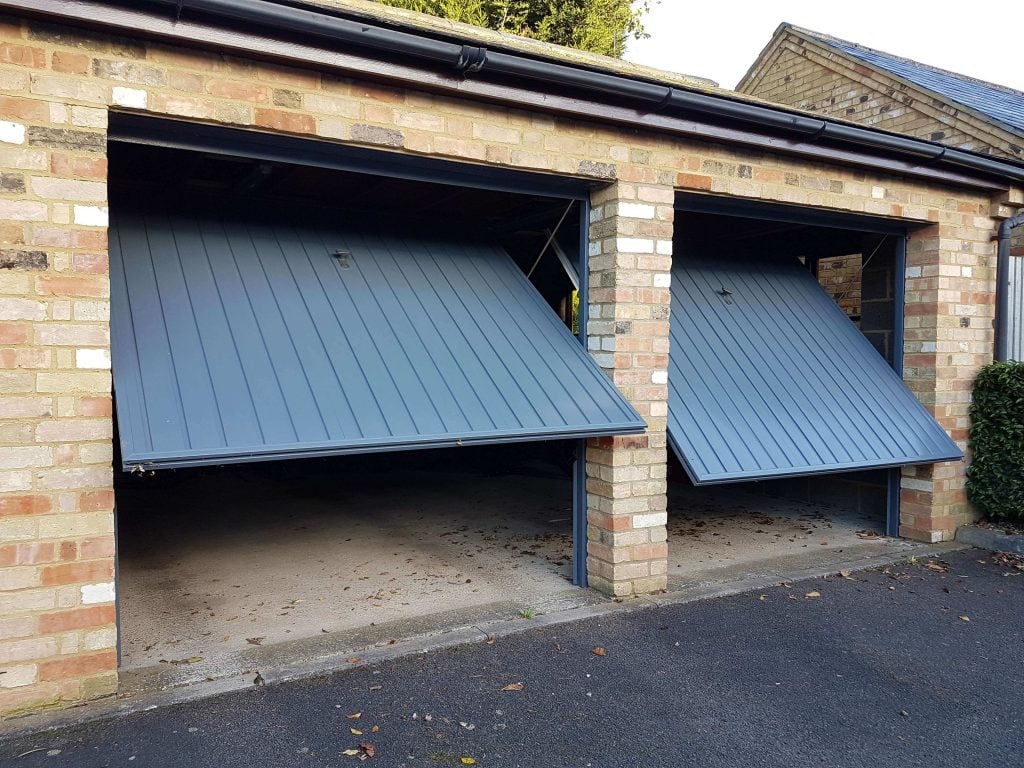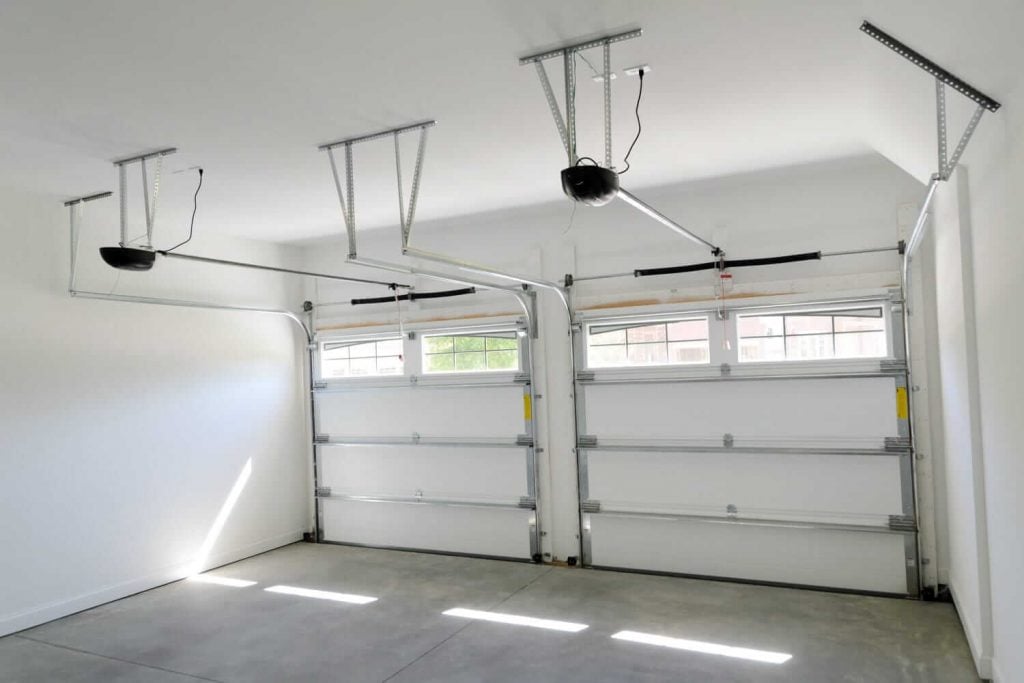High-quality garage doors are in demand as cases of theft and break-ins rise in Canada and the United States with garages being one of the main entry points. Homeowners need to be vigilant and always look out for any weak spots. Figure out which area of your home intruders are very likely to come in.

There are many types of garage doors sold in the market today. From steel to wood and customized, you can find the best one that compliments the look and feel of your home and without compromising home security.
Aside from material and style, homeowners should also consider the power requirement needed for garage door openers. Your choice of garage door material and mechanism may dictate the amount of energy needed to power up your door.
In addition, homeowners need to remember that the type of garage door opener they choose can also impact their energy consumption. By selecting an efficient material and mechanism, homeowners can save money on their electric bills and get the best energy rates. It is worth considering these factors to make an informed decision and get the most out of your garage door opener.
Furthermore, getting the best energy rates can also contribute to reducing your carbon footprint and promoting sustainability in your home. So, it’s a win-win situation for your wallet and the environment
Quick Guide to Garage Door Power Requirement
Each type of door has its own power requirement. It usually depends on the type of garage door opener you buy. Although we don’t use garage door openers for a long time, these machines can still acquire a lot of electricity even when it switched off.
Door openers are very basic to operate. These are motors that open and close your doors. It can be controlled using a keypad on the wall or with a handheld remote.
Automatic garage door openers can come in really handy. You can access your doors inside your car and park your vehicle straight right in. No need to step out on a rainy day to manually open the door. If you’re living with a handicap or seniors, automatic doors do wonders for them too.
The most common types of openers require about one-fourth (¼) and one-half (½) horsepower. This gives it about 1,100 to 1,400 starting watts, and 550 to 725 running watts. Since it’s very likely that you’ll only use your garage door opener a few minutes each day, this can be considered fair consumption.
Doors are available in different materials. The most popular materials are aluminum, steel or metal and wood. Obviously, the heavier your door is, the more power you need to run it.
Doors that are made with aluminum has a power requirement of one-half (½) horsepower. This also goes the same with fiberglass garage doors. Wood or steel garage doors, on the other hand, need three-fourths (¾ ) horsepower.
Aluminum and fiberglass are lightweight while steel and wood are heavier materials. Since these are heavier, openers work harder and therefore you need more power.
The dimensions and material of your door also have a bearing on how much horsepower your garage opener needs. A large door needs more power so you can lift it. Therefore, you need to get the door’s accurate measurement.

One-half Horsepower
Openers that require one-half (½) horsepower are cost-effective. Half horsepower is more efficient than the three-fourths (¾) horsepower garage openers. This saves you more money.
Half horsepower openers prevent short circuits and glitches that occur during instant pick-up. These openers are also known for their smooth operation. Higher power-consuming doors have a rougher operation. If you want a smoother, quieter operation, use belt-operated operated openers. Chain-operated ones make a lot of noise.
Single-car doors use a screw, belt or chain-driven opener without damaging the motor. Screw and belt-driven openers are less noisy compared to chain-driven openers. However, chain openers are easier to repair especially for the average homeowner. For double-car garage doors, you should use either chain-driven or screw-drive openers.
Half horsepower openers are mostly recommended for residential use. Average-weight double doors and heavier single doors also work well with half horsepower openers.
Three-fourths Horsepower
Three-fourth (¾) horsepower openers have a stronger lift making it perfect for heavy doors like wood or insulated double-car garage door up to 16 feet wide and 8 feet tall.
For doors that are above 16 feet wide or very heavy, 1 or higher horsepower openers are recommended to reduce strain on the motor. Although it consumes more electricity, ¾ to 1 horsepower openers do the work pretty easily.
So which one should you choose?
To choose the right opener for your door, determine your door’s size and weight. Single garage door, about 10ft wide and 8ft tall, work fine with smaller openers. Double doors need more horsepower.
Make smarter decisions. Take time to measure the height and width of your door with a tape measure before choosing an opener. Remember that the heavier and the bigger your door is, the higher the horsepower should be.
Keep reading:-

